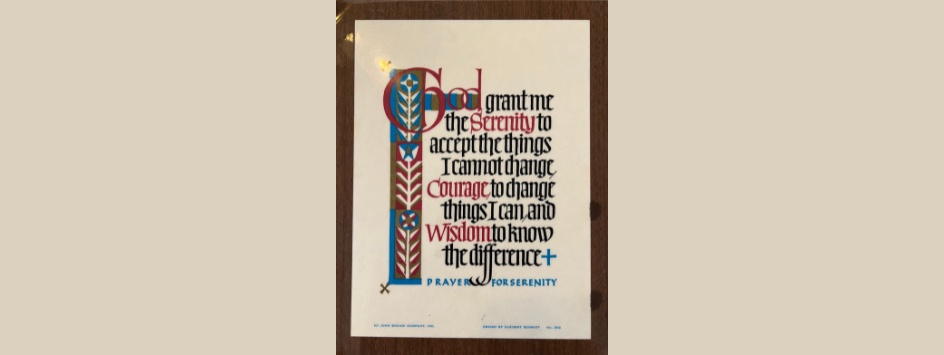I created Living ROI as a passion, to share my experiences and support others who want to live more authentic, joyful and fulfilling lives.
Dear Friends,
I watched the new Netflix special, Jerry Seinfeld: 23 Hours to Kill, last week. It was recorded in front of a packed, live audience at the Beacon Theatre in New York City sometime in the last year.
What struck me from the beginning was how dramatically our lives have changed since that special was produced. Jerry talks about “going out.” How we spend our lives going from one place to another, from restaurants to airplanes to events… “to convince ourselves that our lives don’t suck.”
Jerry goes on about the experience of eating in restaurants, going to the movies, walking down the street eating an ice cream, eating at a buffet. He also talks about how humans like to crowd into small spaces together, such as New York City, packing people in tight, on top of each other. The implications today, during the time of coronavirus, are clearly different than he planned.
The Seinfeld special was funny. I recommend it for most people within a 20-year range of Jerry’s age (65). My 20-year-old daughter found his commentary on marriage to be outdated, heteronormative and offensive. Nonetheless, my husband and I related and found it funny. Watching a personality we’ve known for decades was a familiar and comforting respite.
On what may be considered a more “woke” spectrum of comfort, poetry has weaved its way into the cracks of this time in history.
“We need the voice of poetry in times of change and world-grief. A poem only seeks to add to the world and now seems the time to give,” says Carol Ann Duffy, Creative director of the Manchester Writing School and instigator of Write Where We Are Now, an international poetry project in response to the coronavirus pandemic.
In the Vanity Fair article, Why Poetry Is Having a Moment Amid the Global Quarantine, we are told poems… “circulate in moments of need.” And this is certainly a moment of need.
Robert Frost wrote that poetry provides “a momentary stay against the confusion of the world.” Amen.
I read dozens of poems, both old and new, today, looking for the one or two I wanted to share. Mary Oliver spoke to me in two of her poems.
I Worried
I worried a lot. Will the garden grow, will the rivers
flow in the right direction, will the earth turn
as it was taught, and if not, how shall
I correct it?
Was I right, was I wrong, will I be forgiven,
can I do better?
Will I ever be able to sing, even the sparrows
can do it and I am, well,
hopeless
Is my eyesight fading or am I just imagining it,
am I going to get rheumatism,
lockjaw, dementia?
Finally I saw that worrying had come to nothing.
And gave it up. And took my old body
and went out into the morning,
and sang.
—Mary Oliver
How I Go to The Woods
Ordinarily I go to the woods alone, with not a single friend, for they are all smilers and talkers and therefore unsuitable.
I don’t really want to be witnessed talking to the catbirds or hugging the old black oak tree. I have my way of praying, as you no doubt have yours.
Besides, when I am alone I can become invisible. I can sit on the top of a dune as motionless as an uprise of weeds, until the foxes run by unconcerned. I can hear the almost unhearable sound of the roses singing.
If you have ever gone to the woods with me, I must love you very much.
—Mary Oliver
Wishing you comfort in whatever form best suits you!
Barbara Fagan-Smith
CEO, ROI Communication
Chief Catalyst, Living ROI
P.S. For those of you who followed my fasting journey, my CEA marker number is lower after the fast. Heading in the right direction!








